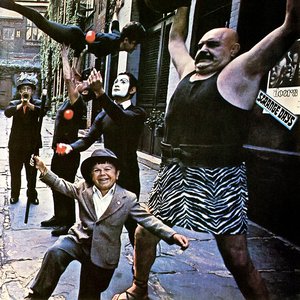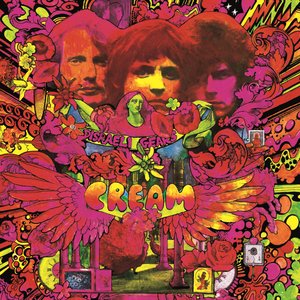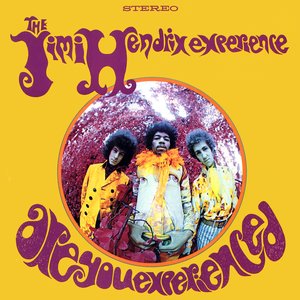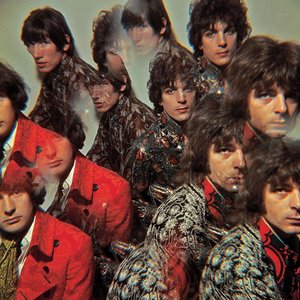Wiki
-
Length
3:02
"Moonlight Drive" is a song from The Doors' second album, Strange Days. Although it was only a B-side (of "Love Me Two Times"), it is a favorite in The Doors canon. Though a conventional blues arrangement, "Moonlight Drive"'s defining feature was its slightly off-beat rhythm and, more significantly, Robby Krieger's 'Bottle-neck' guitar which creates an eerie sound.
The song is known to fans as being one of the first written by lead singer Jim Morrison. According to the Morrison biography No One Here Gets Out Alive by Jerry Hopkins and Danny Sugerman, Morrison wrote it (as "Moonlight Ride") during his halcyon days on a rooftop in Venice Beach, a suburb of Los Angeles, California in 1965. Later on, when he happened upon friend and soon-to-be fellow band member Ray Manzarek, he uttered the memorable lines, "Let's swim to the moon, let's climb through the tide, penetrate the evening that the city sleeps to hide." Reportedly Manzarek was immediately awestruck, and they decided at that moment to form a band; Morrison already had a name picked out: The Doors.
Recordings of live performances of this song reveal a link to a sort of death by drowning - whether murder, suicide or simply going too far. Morrison sings in live performances, probably improvising, referring to "fishes for your friends" and "pearls for your eyes" conjuring an image of a rotten corpse lying at the bottom of the ocean while simultaneously referencing Shakespeare. The song was featured in the 1971 film Two-Lane Blacktop. In addition, its title is also used as the name of professional wrestler John Hennigan's corkscrew neckbreaker finishing move under his Jim Morrison-esque John Morrison character.
Track descriptions on Last.fm are editable by everyone. Feel free to contribute!
All user-contributed text on this page is available under the Creative Commons Attribution-ShareAlike License; additional terms may apply.





![The Doors (Original Soundtrack Recording) [Explicit]](https://lastfm.freetls.fastly.net/i/u/300x300/042daf435e092b98b21528fc0ae2555e.jpg)




